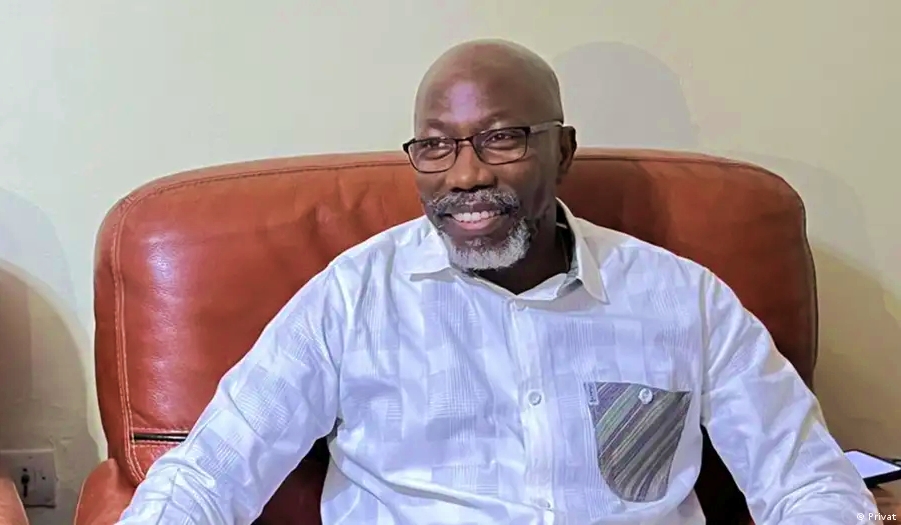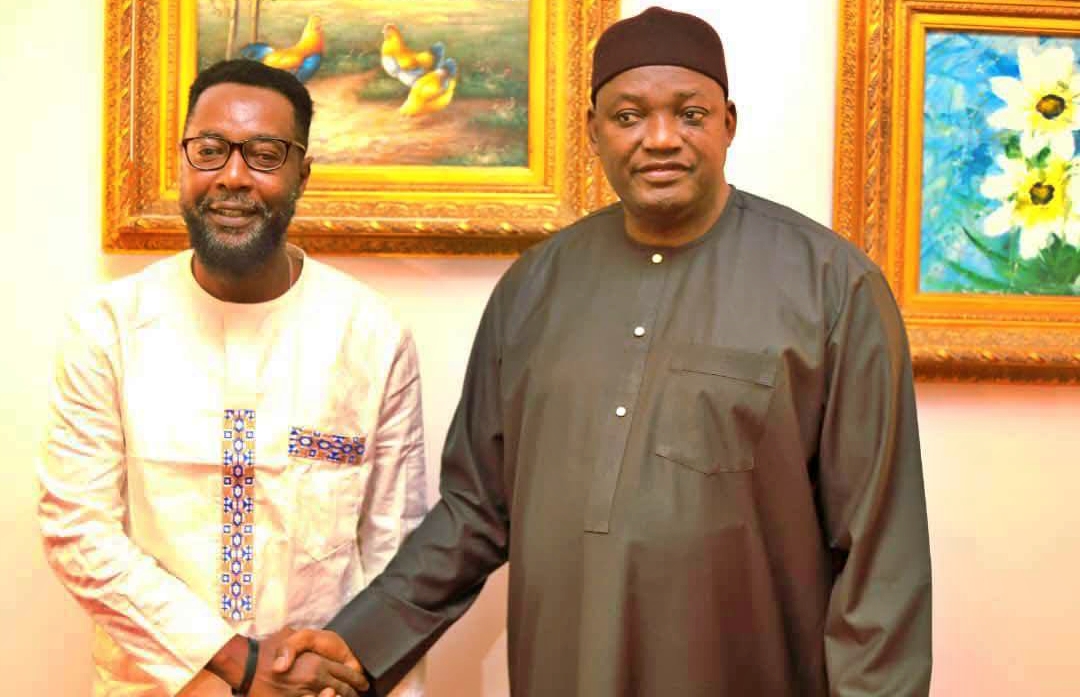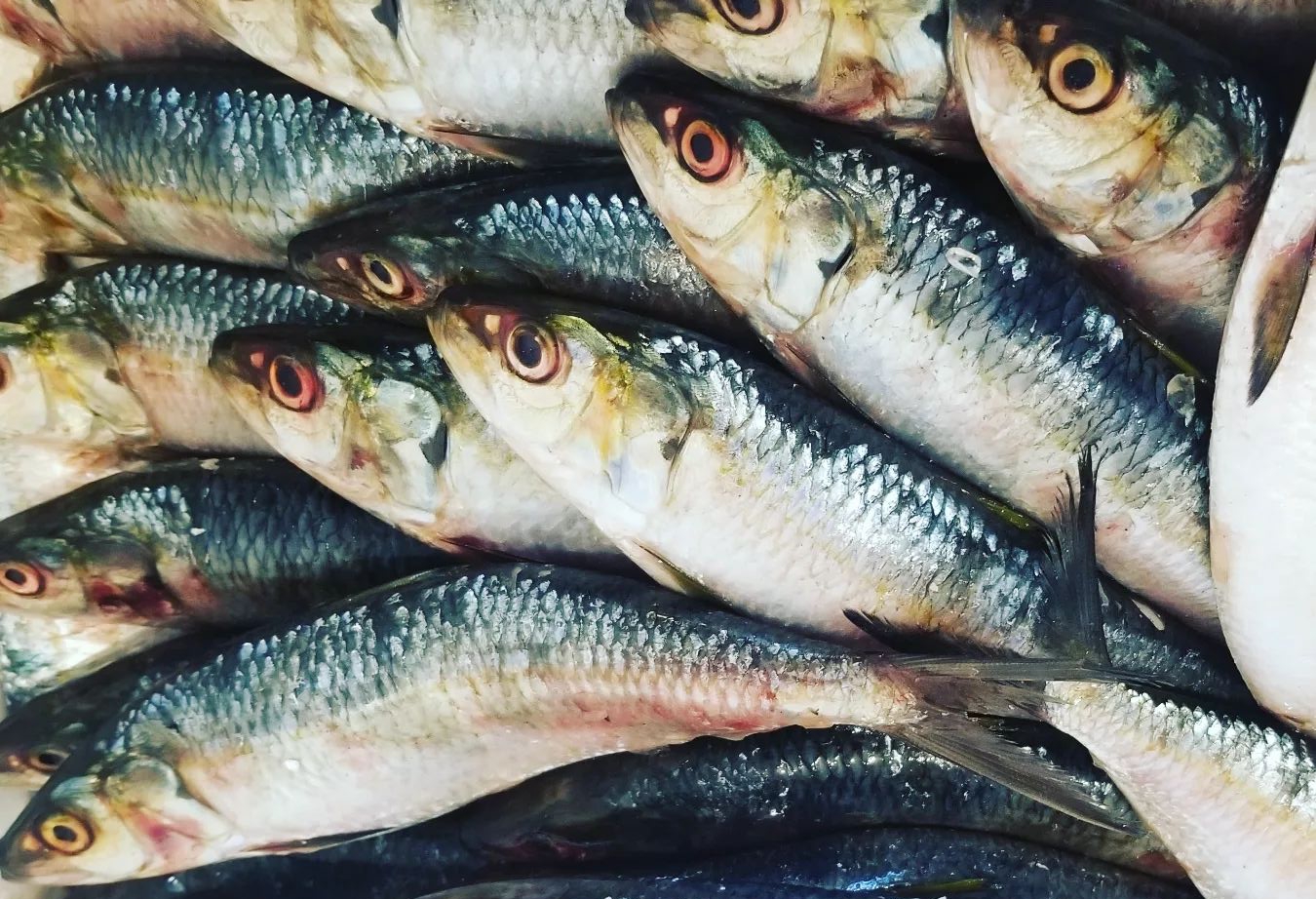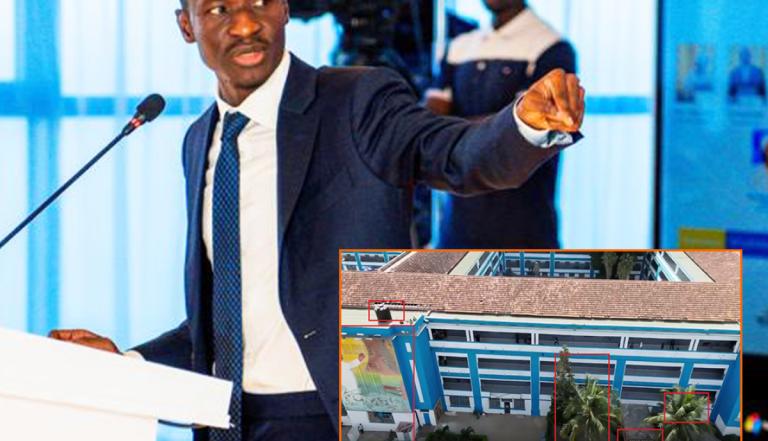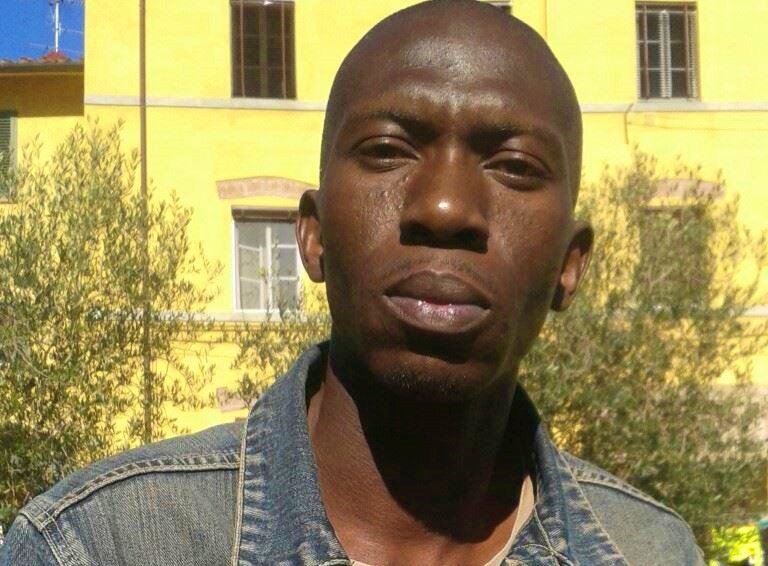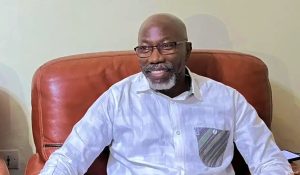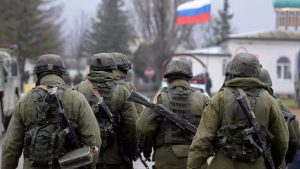Gambiaj.com – (BANJUL, The Gambia) – Momodou Justice Darboe, a journalist with The Voice newspaper, has been detained by Gambian police following the publication of an article suggesting that President Adama Barrow is considering businessman Muhammed Jah as his successor to lead the National People’s Party (NPP). The article, which raised questions about the internal politics of the ruling party, has led to Darboe facing charges under Section 818 of the Gambia’s laws related to false publication and broadcasting.
On Thursday, Darboe, along with his editor and proprietor of The Voice, Musa Sheriff, was summoned to the Banjul Police Headquarters. Both journalists were subjected to hours of interrogation regarding the sources and origins of the controversial story. After the interrogation, Musa Sheriff was released but ordered to return on Friday with documentation supporting his media business, as well as his national identification card. Darboe, however, remains in custody, with his fate hinging on the looming charges of false reporting.
Section 818 of Gambian law, which deals with false publication, is frequently cited in cases involving journalists and media outlets that publish stories perceived as damaging to the government or individuals in power. Under this law, offenders can face hefty fines or imprisonment, depending on the severity of the allegations.
This development highlights the continuing challenges faced by journalists in The Gambia, where media freedom has remained delicate despite promises of reform since President Barrow took office in 2017. The case has sparked concerns within the journalistic community and among civil rights groups, who argue that the government’s actions are a setback for the country’s democratic progress.
Media watchdogs, such as the Gambia Press Union (GPU), have condemned the arrest, calling it a clear attempt to stifle press freedom and prevent critical reporting on matters of national interest. “This is a worrying development, especially as the charges are linked to a report on a potential leadership transition within the NPP,” a spokesperson for the GPU said.
The situation raises broader questions about the state of press freedom in The Gambia. Though Barrow came to power promising to uphold democratic values and improve relations with the media, incidents like Darboe’s arrest suggest that old tactics of media intimidation persist.
Journalists in The Gambia have historically faced challenges under laws that regulate media and publications. Although media freedoms have improved since the end of the Yahya Jammeh dictatorship, incidents like Darboe’s detention show that the space for free expression remains contested.
As Darboe remains in custody, the public and media alike await further developments.
His editor, Musa Sheriff, is expected to return to the police with the requested documents, and it remains to be seen whether Darboe will be formally charged or released.
This case could set a significant precedent for future interactions between the press and government authorities, especially regarding sensitive political topics such as party leadership. The outcome of the investigation will certainly shape the public perception of President Barrow’s leadership and his administration’s tolerance for dissenting voices.
Journalists in The Gambia, as well as international observers, are closely watching the case, concerned about its implications for press freedom and the future of democratic governance in the country.



